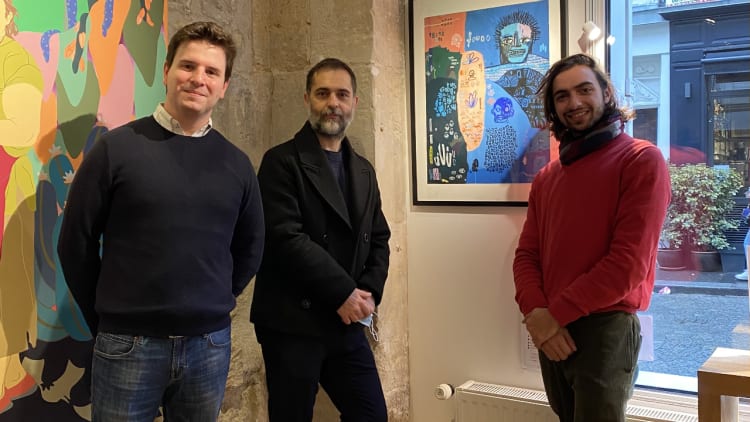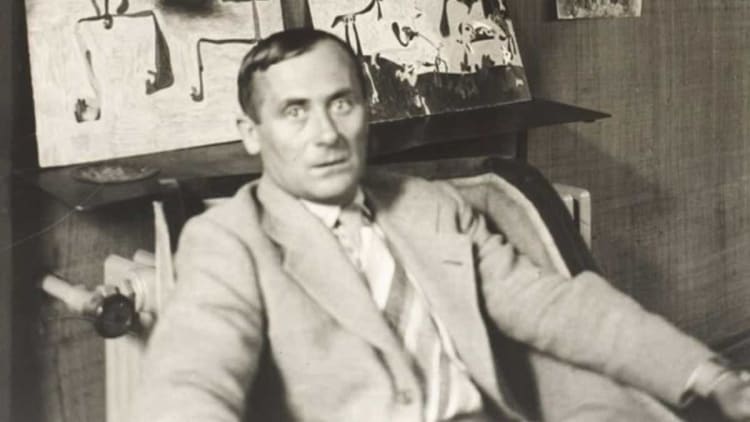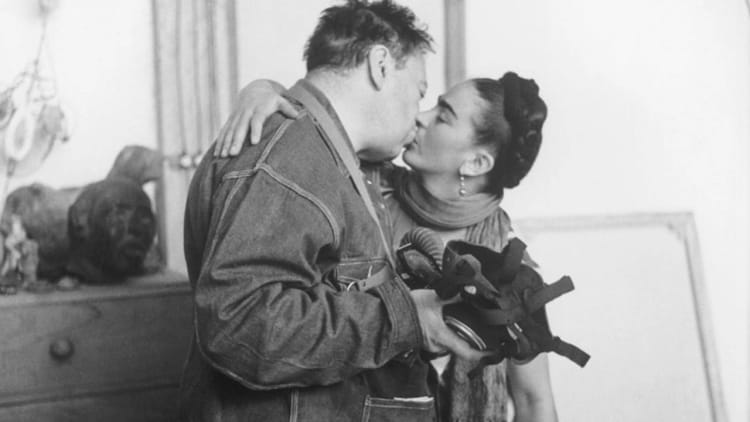In the art world, we often hear about certificates of authenticity, but what is behind this mysterious appellation?
Patrick de Watrigant, a Paris-based doctor of law, explains clearly and simply what a certificate of authenticity is.

Definition of a certificate of authenticity
A certificate of authenticity is a written document that attests that an artwork is authentic, meaning that it was indeed created by the artist to whom it is attributed. It is a kind of identity card for an artwork, even if several people are able to issue a certificate of authenticity for the same work.
The authenticity of a work is one of the essential cogs in the wheel of the art market. Authenticity guarantees the value of the work and its authorship.
What does a certificate of authenticity contain?
A certificate of authenticity must contain the following information:
- the name of the artist
- the title of the work
- the technique and materials used
- the medium of the work
- the dimensions
- the year or period of production
- the existence or not of a signature and, if applicable, its location
- the date of issue and a signature
Who can issue a certificate of authenticity?
Several people can issue a certificate of authenticity for a work of art.
First of all, the artist himself can issue such a certificate when selling one of his works.
But other people may also be required to issue a certificate of authenticity: this could be a member of the artist's family who holds the moral rights and is responsible for ensuring that the work is respected.
It could also be the person responsible of the realization of the catalogue raisonné of the artist's work, who is generally considered a specialist in the artist.
Finally, it could also be a recognised expert on the artist's work.
The legal value of a certificate of authenticity
The certificate of authenticity is not subject to any regulation and no law gives it any particular value.
In practice, the legal value of the certificate depends mainly on the quality and credibility of its author. Thus a certificate issued by the artist himself or by the person who makes the catalogue raisonné will have a much higher value than a certificate issued by a simple art expert.
In all cases, the person who issues a certificate of authenticity is liable in the event of a legal dispute.
Patrick de Watrigant, Doctor of law




